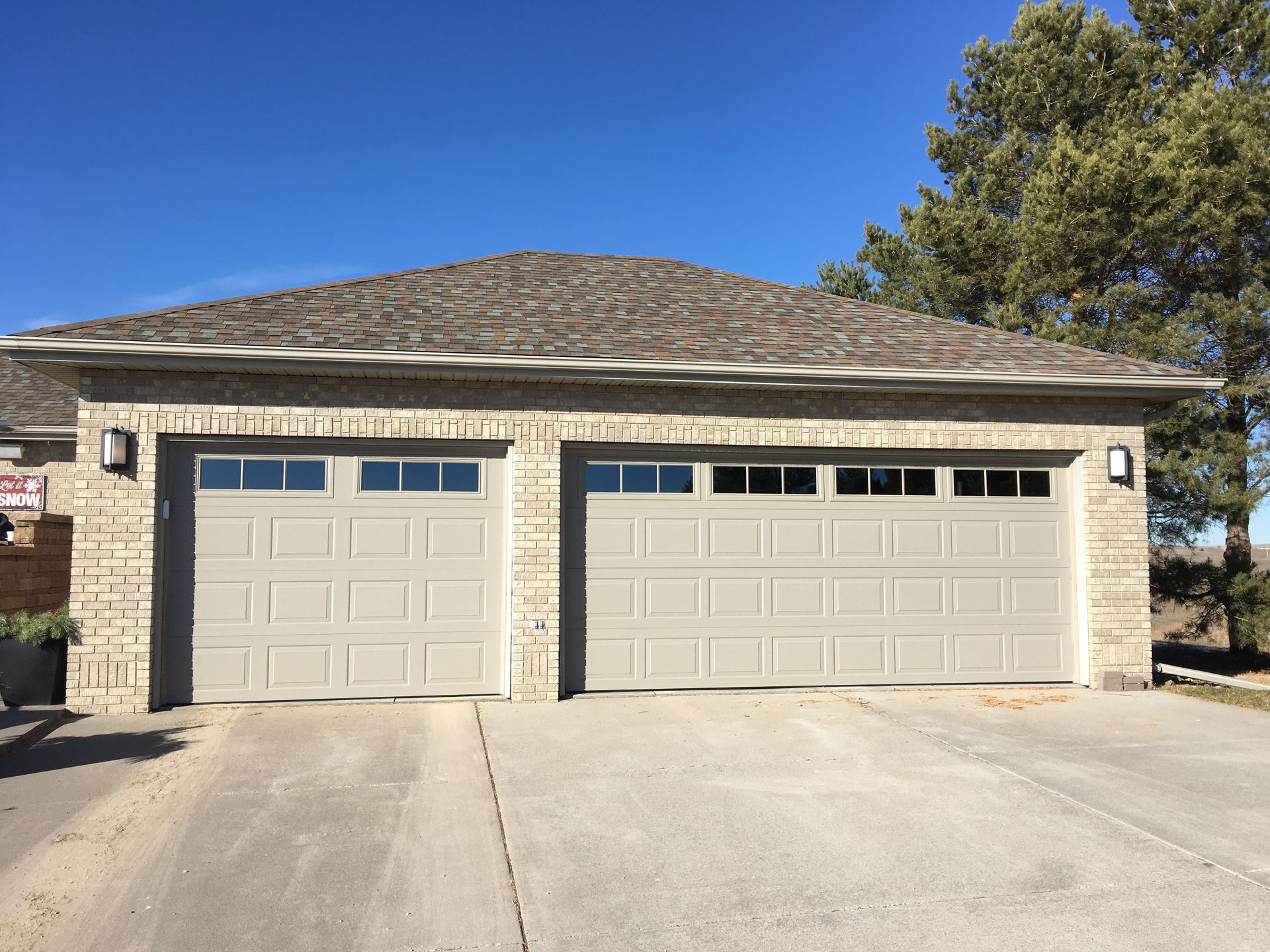Often overlooked, roof insulation plays a key role in enhancing your home’s energy efficiency. Learn how it improves roof performance, reduces energy bills, and boosts indoor comfort.
The Connection Between Insulation and Roof Effectiveness
Roof insulation is vital for your home’s temperature regulation. It prevents heat from escaping in the winter and keeps your home cool during summer, enhancing comfort and energy efficiency.
The Impact of Insulation on Energy Bills
Without proper insulation, your heating and cooling systems must work harder to maintain the desired indoor temperature, leading to higher energy bills. By upgrading your roof insulation, you can minimize energy loss, reduce heating/cooling expenses, and lower your carbon footprint.
Tips for Upgrading Roof Insulation
- Consider R-Value: Ensure the insulation you choose has a high R-value for optimal performance in your specific climate zone.
- Upgrade to Reflective Insulation: Consider upgrading to reflective insulation to reduce heat absorption and improve energy efficiency in hotter climates.
- Prevent Air Leaks: Ensure that air leaks around vents, skylights, and chimneys are sealed to prevent warm or cool air from escaping.
- Insulating the Attic: Since heat rises, ensure your attic is properly insulated to prevent heat from escaping through the roof.

Weathercraft’s Recommendations for Optimal Insulation
We suggest eco-friendly, durable insulation materials that ensure long-term performance. Weathercraft’s experts will assess your needs and recommend the best insulation solutions for maximum energy efficiency and budget flexibility.